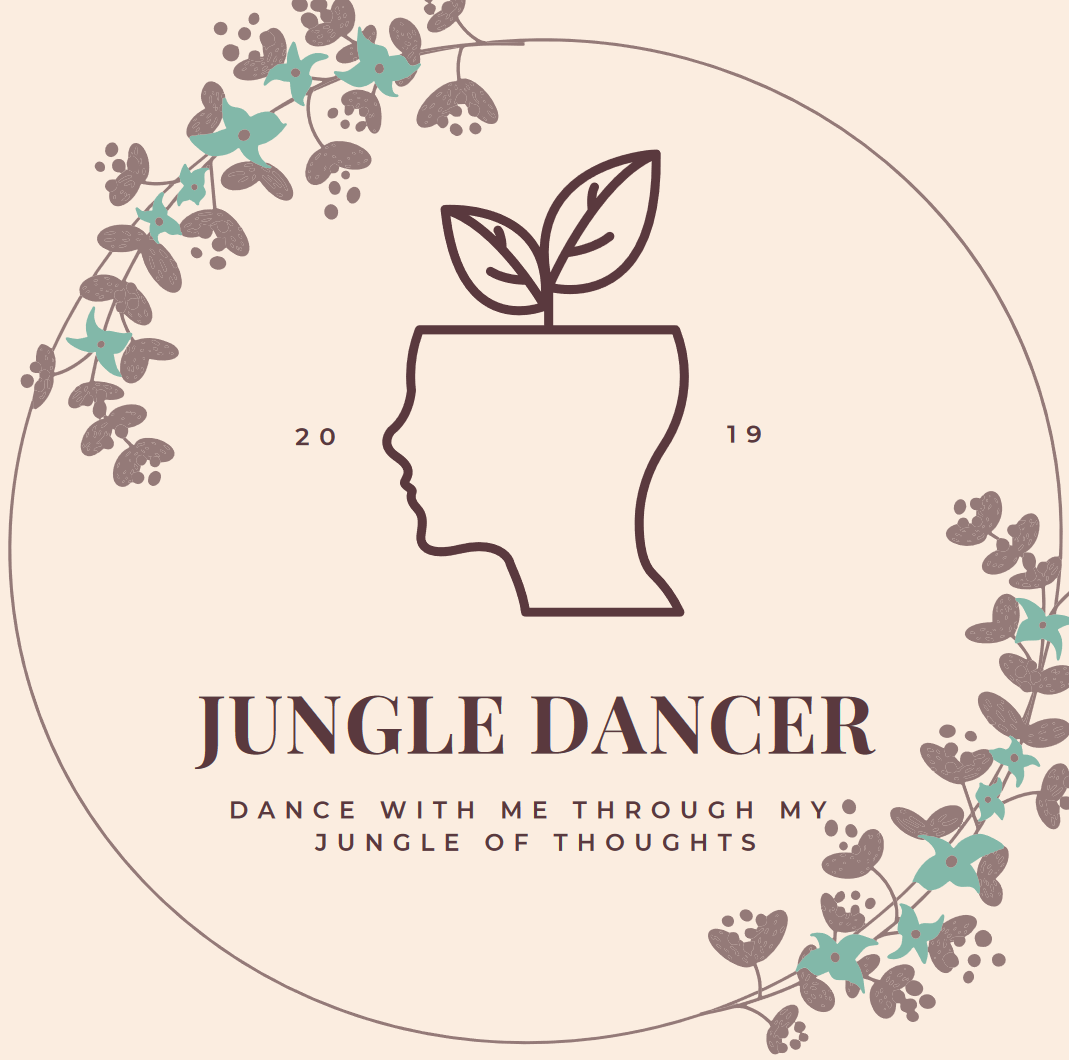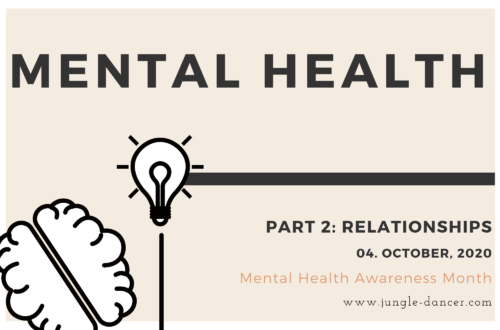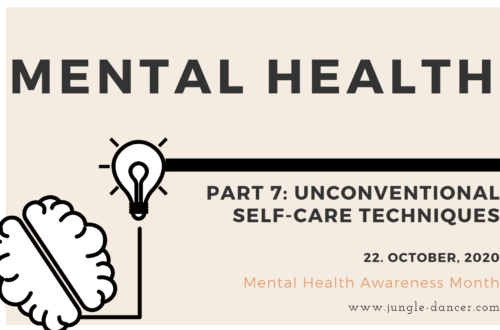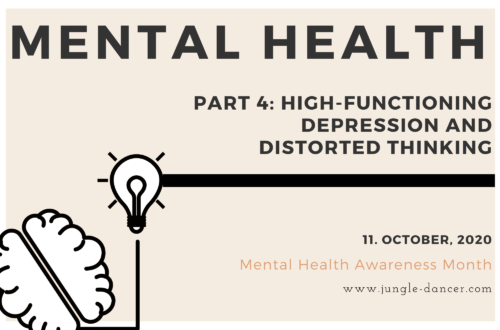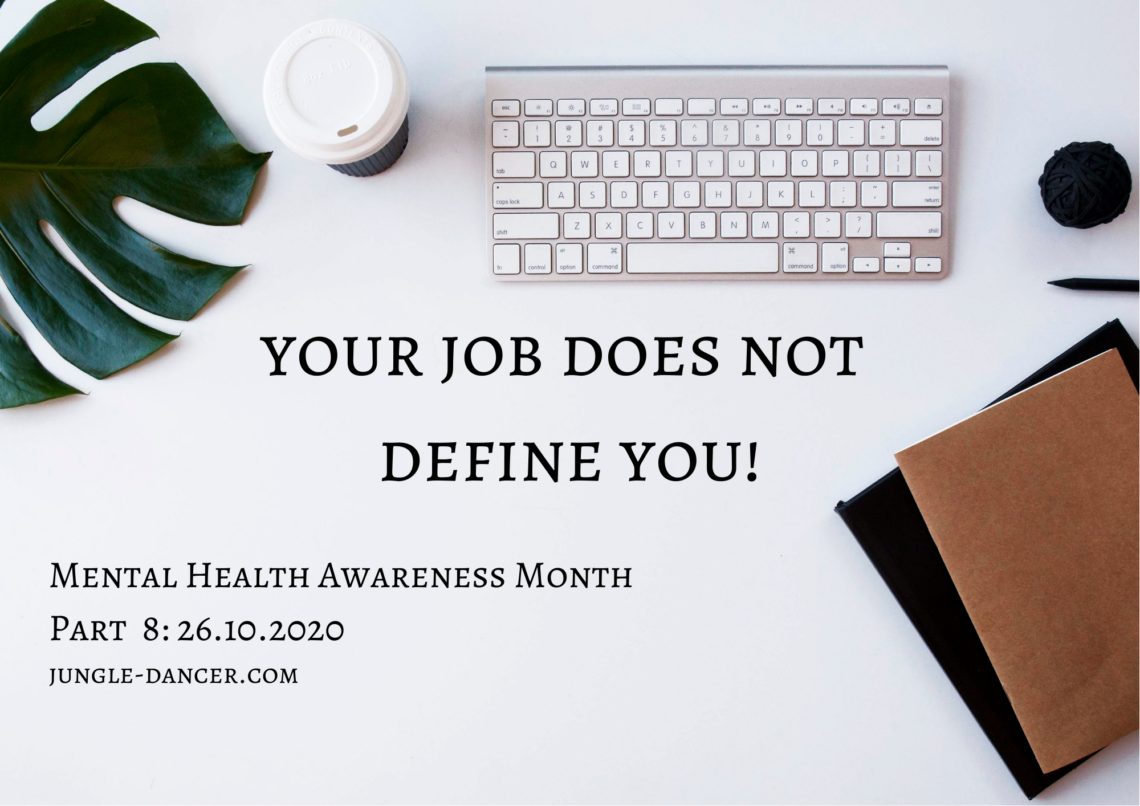
Workism and how we forgot that we are more than our job
Workism: “the belief that work is not only necessary to economic production, but also the centerpiece of one’s identity and life’s purpose; and the belief that any policy to promote human welfare must always encourage more work” – is how Derek Thompson defined one of the most damaging ideas of the 21st century. I think, therefore I am, somehow evolved into I work, therefore I am.
Here is how it all starts. You are in your school and the teacher says: what do you want to be when you grow up? The silence is soon brightened up with children’s wishes of becoming doctors, astronauts, dancers, bakers.
I am too old to remember what I have answered to this question. But, what I am sure of is this. I did not say I want to grow up to be a strong, yet kind, woman. Creative. A good friend. An employee with high working ethic. Sure, I did not even know some of these concepts back at the days when I was ten. Yet, even from such a young age, when the kids could literally say anything (for example, when I grow up I want to be a bird), they opt for an answer that indicates a profession.
How did we build a world where our work became our identity?
The roots of workism can be tracked to the second half of the 20th century. As technology bloomed, efficiency sky-rocketed, and the number of college graduates started to gradually increase almost everywhere around the world, people started shaping the following idea in their minds: I want a job that does more than pay the bills.
I want a purpose.
Meaning.
Something to make me jump out of bed and run to the office in the morning.
I want to help our society.
There is nothing inherently wrong with these ideas. We all desire to have a job we love; a job that fills our heart with joy. However, nowadays we are not only bombarded with statements of how important it is to have a fulfilling job; but also, that finding this job will be the source of our greatest joy. In some extremes, even our only joy.
The dangers of workism
1. Rest is for the weak
The toll that workism is taking on our life and mental health is astonishing. We work crazy hours, and if we do not need to, we will start pretending that we do! One of the most dangerous consequences of the workism is that we are all part of a system that supports the idea that the ideal employee is the overworked employee. Somehow, taking a vacation is nowadays the most embarrassing thing you could do.
I remember when I was at University and I would sit down with my friends to eat lunch or dinner, we would borderline start to compete who slept less or who worked more. I even knew people who were well organized and smart and could manage to finish their work in time to get a health eight-hours sleep; yet, they would decide to stay up and “work”, only to not be judged as lazy.
Yes, we now live in a world where we call people who sleep – lazy.
2. Abundance of choice, pressure to choose
When our parents were our age, they did not have half the choices we do now. It was sufficient to go to University, get a stable job and work (moderately) hard until retirement.
However, we can now go anywhere and achieve anything. The world globalized so much that we now have it on the palm of our hands (well, let’s wait for the pandemic to be over first). We have thousands of professions to choose from, maybe just as many universities and cities, and we are expected to know it all by the time we are in high school.
Yet, precisely this humongous choice is paralyzing. Failure to figure out what you want to do for the rest of your life by the time you are sixteen is automatically considered a failure of you as a person. Workism: when it is more important what you do, than who you are as a person.
Here is our new religion. Workism: the era when we stopped worshiping false Gods, and started worshiping our ability to choose our vocation fast; yet, to choose it well and do it even better.
3. Work-Role centrality
Work-role centrality revolves around the idea that our work plays the most determining role of our sense of who we are. We equate work to our self-identity. To who we are as a person. “I am a Physicist” – I say almost immediately when someone asks me who I am. Gosh, I hate it! I sometimes even feel embarrassed to say I love writing, or dancing, or art, because some people have judged me for my wish to spice up my free time. Or, have they maybe judged me for having free time in the first place?
Without our work and without loving our work, we feel lost. Society pressures us to perform: this is the era of results, of efficiency, of high GPA-s and even higher bank account statements. We now live in a time when we direct most – if not all – of our efforts and our identity into procuring these.
However, have you noticed how the work-role centrality is also changing the job market? In job advertisements, companies no longer only write what they seek in an employee; they also list what they offer as an employer. “Young and high-driven start-up. Flexible working hours. Flat hierarchy. Fun, creative, socially-engaging atmosphere. Modern, technologically-advanced and innovative environment that enables you to put your talents into action. Open-minded team dynamics where you will learn from the best experts and enjoy while doing it.”
The trick is, they are not really writing what the company is all about. They are writing what we need to be in order to fit. By knowing that more and more people identify with their jobs, they search for the people who identify with what their company represents. This is how, day by day, we slowly start to equate everything that we are to everything that our job is.
4. Forgetting our self-worth and core values
Workism has convinced us so well that unless we are over-achievers or unless we have a lot of successful stories on our CV, we are completely worthless. We tend to forget that our self-worth comes from within us and that what defines us as a person are our values and morals.
Sure, professional success boosts our confidence. However, even when the work obsession develops into high-functioning depression or success-driven anxiety, we keep on pushing. We consider this behavior a normal and not worrying one, because how can we ever think that wanting to work; to succeed, to become someone and something and sacrificing plenty in our life to achieve that can be bad for our mental health? Work will make us happy, right?
Yes, unless you let the work consume you and everything that you stand for as a person.
Let me ask you, who would you be if you did not do what you do?
Workism in science – a personal story by Ana Janeva
Here is a personal story on the topic of workism from my friend Ana. She is an outstanding writer and bio-chemist. Oh, sorry, I did not mean to define her by her work.
Try two. Here is a personal story on the topic of workism in science from my dear friend Ana. She is an outstanding, outspoken, smart, driven brave young woman who wants to raise awareness for mental-health issues. Her words and emotional intelligence provide safe environment for everyone who wants to talk about their problems; and they provide encouragement for all of those who hesitate to share. Her story shines light on all dangers of workism and I hope that it will be a story that will make you think.
When you set high goals for yourself and strive for big achievements, it is easy to forget that the journey to success does not only involve loving what you do, but also doing what you love. It took me a very long time to learn this, as I spent the last years in a highly competitive environment, in which overworking and constant (at times also unrealistic) achievements were glorified. I felt guilty for feeling tired and I felt guilty for not being infatuated with what I do every second of every day.
Let me tell you something: it’s perfectly fine. Instead of judging myself for needing rest or simply wanting to do something fun, I shifted my mindset. I still want to do my best; but, now I know that I am at my best when I am well-rested, healthy and happy. I learned to book “me-time”, phone calls with my loved ones or social encounters in my calendar, the same way I would book any professional appointment. This is how I remind myself that I value my own well-being as much as I value professional success.
As a scientist in training, the best piece of advice I have ever gotten was that one can never be a good scientist if the only thing one does is science. The creativity, curiosity and passion that one needs to succeed in science do not come from long hours or working every weekend; they come from having hobbies you love, conversations, reflection, exercise, nature, art, music or anything your heart desires.
I have learned that I am more than what I achieve and that no success or failure determine who I am as a person, or friend, or daughter, or sister. As much as my work gives me purpose, I don’t let it define me.
Workism: food for thought
Ask yourself: are you a one-dimensional being whose sole identity lies in your work? Surely, our profession plays and will play a major role in our life; yet finding a balance between how (much) you work and how (much) you dedicate yourself to non-work-related activities matters.
By avoiding the risk to get lost in your job, you are not only taking care of yourself and your psychological well-being, but you are also protecting your self-identity. Separating your work from the way how you perceive your self-worth is the best way to build resilience and overcome challenges at work.
Remember: you are more than your job. The damaging idea “to hustle” – that work-obsessed millennials nowadays support even more strongly with hashtags, “inspirational” posts and quotes, and seemingly overbooked calendars – is quickly creating a lonely youth with poor life-to-work balance, which in its strong desire to be authentic and unique, is achieving exactly the opposite.
Remember: you are more than your work. Your uniqueness lies within you, not within your CV or office.


